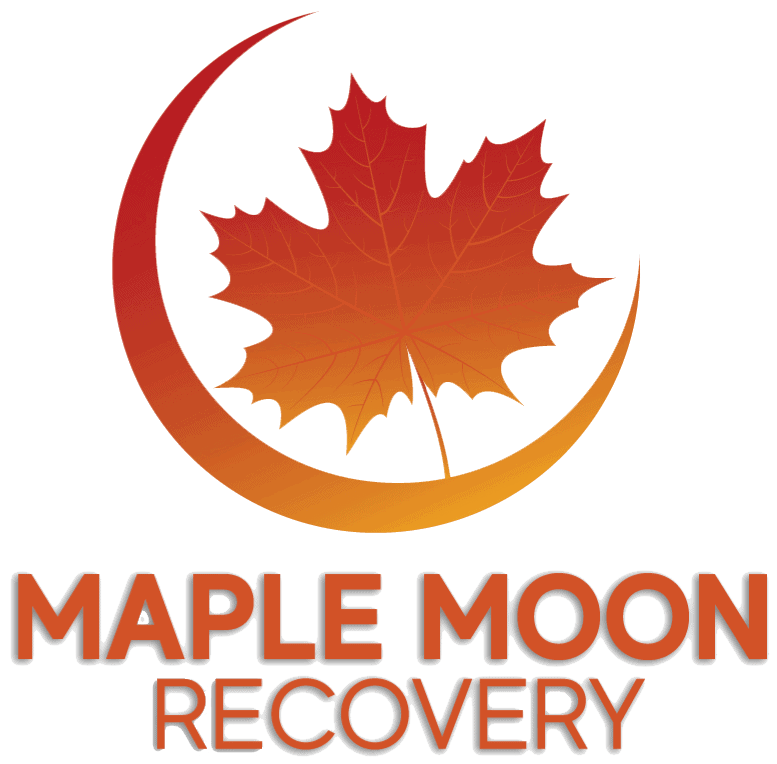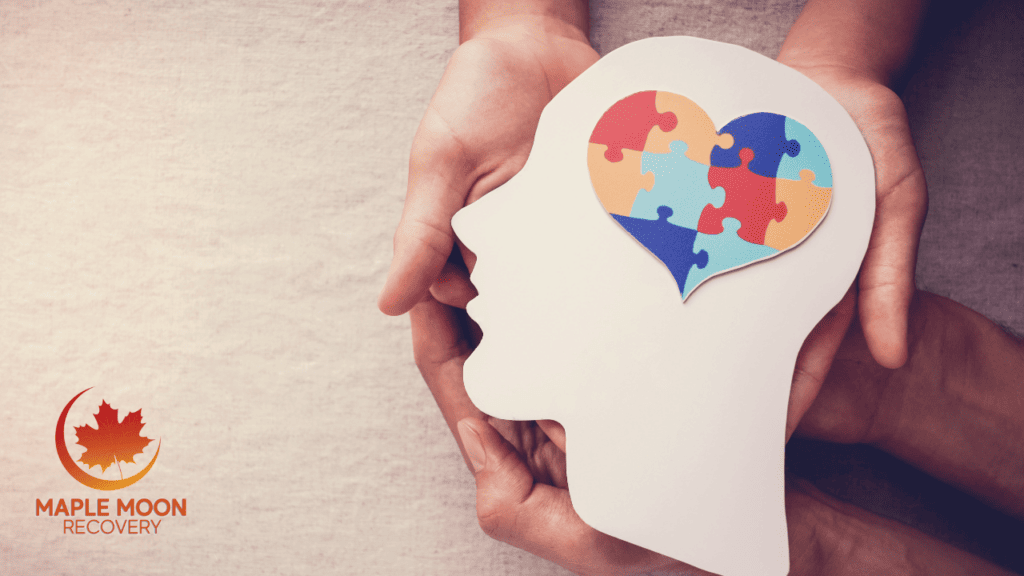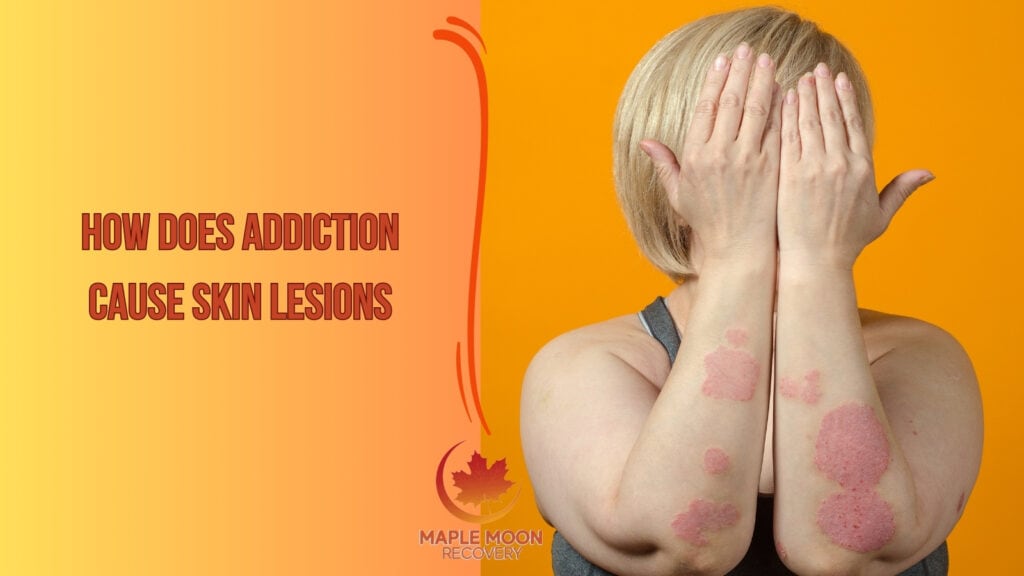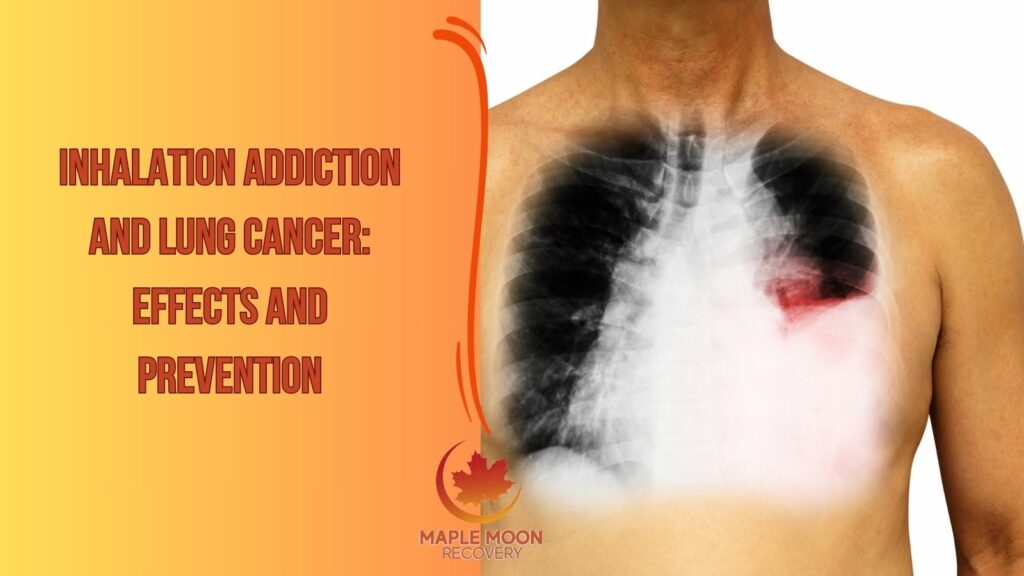In today’s fast-paced world, the challenges of mental health and substance abuse often intertwine, creating a complex web of symptoms, triggers, and consequences. This intersection is commonly referred to as “dual diagnosis.” For many individuals, the journey of battling substance abuse is further complicated by underlying mental health disorders, and vice versa. The relationship between the two is intricate, often leading to a vicious cycle where one exacerbates the other. Recognizing and understanding this dual diagnosis is crucial, not just for those affected but also for their families, friends, and caregivers. In this article, we delve deep into the world of dual diagnosis, shedding light on its challenges, its implications, and the holistic approaches to treatment that can pave the way to recovery.

The Interplay Between Mental Health and Substance Abuse
A Two-Way Street: How One Influences the Other
At first glance, it might seem that substance abuse is a direct result of mental health challenges. While this is often the case, the relationship is more nuanced than a simple cause-and-effect scenario. In many instances, substance abuse can also lead to the onset or worsening of mental health disorders. This symbiotic relationship can make diagnosis and treatment more challenging.
Self-Medication: A Dangerous Path
One of the most common reasons individuals with mental health disorders turn to drugs or alcohol is self-medication. For instance, someone battling depression might consume alcohol to numb their feelings or lift their spirits temporarily. Similarly, an individual with anxiety might use benzodiazepines more than prescribed to calm their nerves. While these substances might offer temporary relief, they often exacerbate the underlying mental health condition in the long run, leading to a more profound state of distress.
Substance-Induced Disorders: The Repercussions of Abuse
On the flip side, prolonged substance abuse can lead to the development or exacerbation of mental health disorders. Chronic drug or alcohol use can alter brain chemistry, leading to symptoms of depression, anxiety, paranoia, or even psychosis. For example, excessive stimulant use, like cocaine or methamphetamine, can lead to severe anxiety or paranoid thoughts. Over time, these substance-induced symptoms can evolve into full-blown mental health disorders, even when the individual stops using the substance.
The Vicious Cycle: When Both Conditions Feed Off Each Other
The interplay between mental health and substance abuse often creates a vicious cycle. A person might use drugs or alcohol to cope with their mental health symptoms, only to find that their substance use worsens their mental state. This deterioration can then lead to increased substance use, perpetuating the cycle. Breaking this cycle requires a comprehensive understanding of both conditions and an integrated approach to treatment.
Common Mental Health Disorders Linked with Substance Abuse
Depression and Alcoholism: A Clouded Connection
Depression, characterized by persistent feelings of sadness, hopelessness, and a lack of interest in daily activities, often finds a companion in alcohol. Many individuals with depression turn to alcohol as a way to escape their emotional pain. However, alcohol, being a depressant, can intensify the symptoms of depression, leading to a deeper emotional abyss and, in some cases, suicidal thoughts.
Anxiety Disorders and Benzodiazepine Abuse: Seeking Calm in a Pill
Anxiety disorders, which include generalized anxiety disorder, panic disorder, and social anxiety disorder, can be debilitating. To find relief, some individuals might misuse benzodiazepines, a class of drugs prescribed for anxiety. While effective when used correctly, over-reliance or misuse can lead to dependency, increased tolerance, and even heightened anxiety when not on the medication.
Bipolar Disorder and Stimulant Abuse: Riding the Highs and Lows
Bipolar disorder is marked by extreme mood swings, from manic highs to depressive lows. Some individuals, during their manic phases, might be drawn to stimulants like cocaine or methamphetamine to sustain their elevated mood and energy. However, these substances can exacerbate manic symptoms and lead to rapid cycling between moods.
PTSD and Opioid Abuse: Numbing the Trauma
Post-Traumatic Stress Disorder (PTSD) arises from traumatic events, leading to flashbacks, nightmares, and severe anxiety. To cope with these distressing symptoms, some individuals might turn to opioids for their numbing effect. This can provide temporary relief from traumatic memories, but it also poses a high risk of addiction and can worsen PTSD symptoms in the long run.
The Dual Challenge: Recognizing the Links
Understanding the intricate links between specific mental health disorders and substance abuse is crucial for effective diagnosis and treatment. Recognizing these connections allows for a more holistic approach to care, addressing both the emotional and chemical dependencies that individuals face.
Challenges in Diagnosing Dual Diagnosis
Symptom Overlap: Disentangling the Web
One of the primary challenges in diagnosing dual diagnosis is the significant overlap in symptoms between mental health disorders and those induced by substance use. For instance, both depression and prolonged alcohol use can lead to symptoms like fatigue, social withdrawal, and difficulty concentrating. This overlap can make it challenging to determine whether the symptoms are a result of the substance abuse, an underlying mental health condition, or both.
The Chicken or the Egg Dilemma
Another diagnostic challenge is determining which came first: the substance abuse or the mental health disorder. Understanding the root cause is crucial for effective treatment. However, the intertwined nature of dual diagnosis often blurs the lines, making it difficult to pinpoint the primary trigger.
Underreporting and Denial: The Silent Barriers
Many individuals, due to stigma or fear of judgment, might downplay or completely deny their substance use or mental health symptoms. This underreporting can hinder accurate diagnosis. Additionally, some might not even recognize their behaviors as problematic, further complicating the diagnostic process.
The Need for Comprehensive Assessment
Given these challenges, a thorough and comprehensive assessment is vital. This involves not only looking at the presenting symptoms but also understanding the individual’s history, environment, and potential triggers. Multiple sessions and a multidisciplinary approach, involving psychologists, psychiatrists, and addiction specialists, can provide a clearer picture of the individual’s challenges.
The Importance of Early Detection
Despite the challenges, early detection of dual diagnosis is crucial. Recognizing and addressing both conditions simultaneously can significantly improve treatment outcomes and reduce the risk of relapse. It underscores the importance of seeking help from professionals experienced in handling dual diagnosis cases.
Benefits of Integrated Treatment Approach
Addressing the Whole Person, Not Just the Symptoms
Traditional treatment methods often focus on one issue at a time, either the substance abuse or the mental health disorder. However, an integrated approach recognizes that these issues are deeply interconnected and aims to treat the individual holistically. This means addressing not only the symptoms but also the root causes and underlying triggers.
Reduced Risk of Relapse
When both the mental health disorder and substance abuse are treated simultaneously, individuals are better equipped to handle triggers and stressors that might lead to relapse. They gain tools and strategies to cope with both their emotional challenges and cravings, making long-term recovery more attainable.
Comprehensive Support System
An integrated treatment approach often involves a team of professionals, including therapists, counselors, medical doctors, and peer support specialists. This multidisciplinary team ensures that all aspects of the individual’s well-being are addressed, from their mental and emotional health to their physical health and social needs.
Tailored Treatment Plans
Recognizing that every individual’s journey with dual diagnosis is unique, integrated treatment approaches prioritize personalized care. This means creating tailored treatment plans that take into account the individual’s history, preferences, strengths, and challenges. Such customization enhances engagement and improves outcomes.
Building Resilience and Life Skills
Integrated treatment doesn’t just focus on alleviating symptoms. It also emphasizes skill-building, helping individuals develop resilience, emotional regulation, communication skills, and other essential life tools. These skills empower them to navigate life’s challenges without resorting to substance use.
Promoting Overall Well-being
Beyond just recovery from substance abuse and managing mental health symptoms, integrated treatment promotes overall well-being. This includes fostering positive relationships, enhancing self-esteem, and encouraging activities that bring joy, purpose, and fulfillment.
Treatment Modalities for Dual Diagnosis
Cognitive Behavioral Therapy (CBT): Rewiring Thought Patterns
CBT is a cornerstone in treating dual diagnosis. It helps individuals identify and challenge negative thought patterns that may contribute to substance abuse and mental health symptoms. Through CBT, patients learn to replace these harmful thoughts with more positive and constructive ones, aiding in both relapse prevention and mental health management.
Medication-Assisted Treatment (MAT): A Dual Approach
For some individuals, medications can be beneficial in managing withdrawal symptoms, reducing cravings, or treating underlying mental health disorders. Antidepressants, mood stabilizers, or anti-anxiety medications might be prescribed alongside medications that specifically address substance dependencies.
Group Therapy: Finding Strength in Numbers
Group therapy offers individuals a platform to share their experiences, challenges, and successes with peers facing similar struggles. This shared journey can foster a sense of community, reduce feelings of isolation, and provide valuable insights and coping strategies from those in different stages of recovery.
Holistic Therapies: Healing Mind, Body, and Spirit
Holistic therapies, such as mindfulness meditation, yoga, and art therapy, can be invaluable in treating dual diagnosis. They offer tools for relaxation, stress reduction, and self-expression, helping individuals connect with themselves on a deeper level and find balance in their recovery journey.
Peer Support: Harnessing the Power of Shared Experience
Peer support specialists, often individuals who have walked the path of recovery themselves, can offer unique insights, understanding, and guidance. Their firsthand experience with dual diagnosis can provide hope, inspiration, and practical advice to those currently navigating their recovery.
Family Therapy: Healing Together
Substance abuse and mental health disorders don’t just affect the individual; they impact the entire family. Family therapy sessions can help address the broader dynamics, educate loved ones about dual diagnosis, and equip them with tools to support their family member’s recovery journey.
Continuous Monitoring and Aftercare: Sustaining Recovery
Given the complexities of dual diagnosis, continuous monitoring and aftercare are crucial. Regular check-ins, therapy sessions, and support group meetings can help individuals stay on track, address any emerging challenges, and celebrate their milestones in recovery.

The Path Forward in Dual Diagnosis Treatment
The Interwoven Challenges of Dual Diagnosis
As we’ve explored throughout this article, dual diagnosis presents a unique set of challenges. The intricate interplay between mental health disorders and substance abuse can create a complex web of symptoms, making both diagnosis and treatment multifaceted endeavors. However, with the right approach, tools, and support, recovery is not just a possibility—it’s a reality.
The Importance of Holistic Treatment
The stories and insights shared underscore the significance of a holistic, integrated approach to treatment. Addressing both the mental health disorder and the substance abuse simultaneously ensures that individuals receive comprehensive care that tackles the root causes of their challenges, rather than just the symptoms.
Maple Moon Recovery’s Commitment
At Maple Moon Recovery, the commitment is unwavering: to provide the highest quality of care, support, and resources to those battling dual diagnosis. Through personalized treatment plans, a dedicated team of professionals, and a nurturing community, the goal is to guide individuals towards a brighter, healthier, and substance-free future.
A Call to Action: Seek Help, Embrace Recovery
If you or a loved one is grappling with the challenges of dual diagnosis, remember that help is available. Recovery might seem like a distant dream, but with the right support, it’s within reach. Reach out to Maple Moon Recovery today, and take the first step towards a life of health, happiness, and fulfillment.




